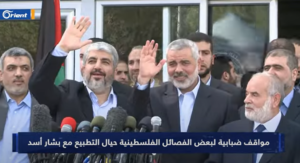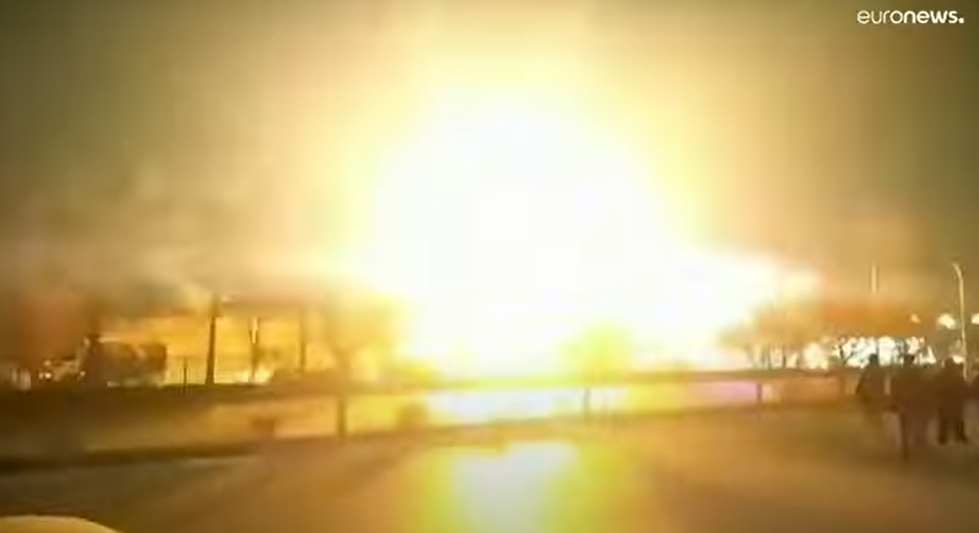Security officials in Israel estimate that Iran is planning to attack targets in the Kurdistan region of Iraq in response to the attack of the Israeli Mossad on the military facility in Isfahan.
Sources close to Iran’s Supreme National Security Council said that the drones and explosives used in the Isfahan attack were brought into Iran by rebel Kurdish groups through Iraqi Kurdistan under the direction of a foreign intelligence agency.
Iran has been claiming for a long time that in Iraqi Kurdistan there is a base of the Israeli Mossad that supervises the secret operations inside Iranian territory.
In the Gulf countries, especially Saudi Arabia, there is great satisfaction with the intensive policies of the Netanyahu government, as manifested in the attacks in Isfahan and on the Syria-Iraq border.
Sources in the Gulf say that Israel is revealing in its actions that Iran is not as strong as it presents itself.
Saudi officials say that if Israel continues at this rate of attacks, it has a chance to create a change.
What is important is to continue hitting the head of the snake in Tehran more than the pro-Iranian militias in Iraq and Syria.
The Gulf countries are under the impression that the Biden administration gave the Netanyahu government the green light to increase the rate of attacks in Iran after it became convinced that the Iranians are misleading the Western countries and serving Russia’s interests in the war in Ukraine.
Sources in Russia estimate that the Israeli attack in Isfahan will cause the Iranians to get closer to Russia, Russian Foreign Minister Sergey Lavrov strongly condemned the attack on the military facility in Isfahan attributed to Israel and called it a provocation that will lead to an uncontrollable escalation.
Russian officials also accuse the US of being responsible for the attack in Isfahan, the US denies any connection to the attack that happened while CIA chief William Burns was visiting Israel.
Iran is expected to further tighten its military ties with Russia to ask it for advanced air defense weapons and to demand that it curb the attacks of the Israeli Air Force on Iranian targets in Syria.
The Iranians also plan to militarily strengthen the militias loyal to them in Yemen, Iraq and Lebanon so that they can form a response mechanism against Israel for any attack on an Iranian target in Syria.
The Middle East is undergoing strategic changes and the US is tightening military ties with Israel in preparation for a military option against Iran, this was evident in the last joint air exercise between Israel and the US.
This was not just a maneuver, but a training for a scenario of attacking targets in Iran that could definitely materialize in the near future.
The Biden administration is furious about the Iranian military involvement alongside Russia in the war in Ukraine and it believes that the weakening of Iran by Israel will also help to weaken Russia’s military operations in Ukraine, hence the great importance of the attack on the facility for the production of advanced missiles and drones in Isfahan by the Israeli Mossad.
It seems that the Biden administration was in on the attack and gave the green light to Israel, the missiles and drones developed in Isfahan are supposed to be sent for use by the Russian army in Ukraine.
In this respect, the Israeli attack in Isfahan is also an American message to Iran, which has become Russia’s only remaining ally.
Iran should know that if it continues to supply advanced weapons to Russia for the war in Ukraine, it will find the US in front of it, not just Israel.




